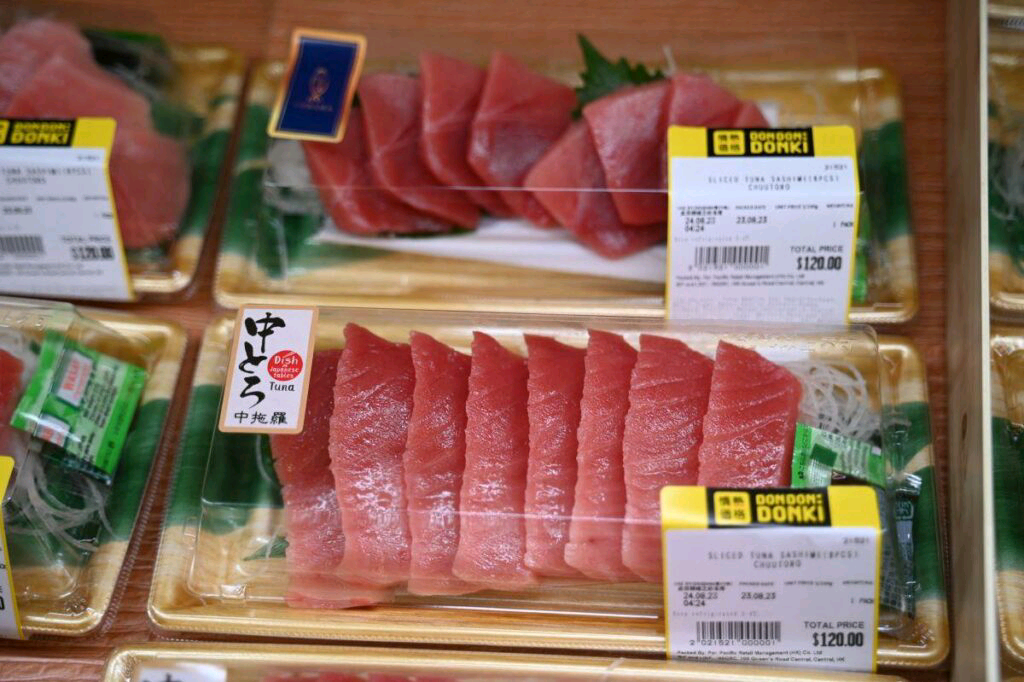
China enacts seafood import ban from Japan, attributing it to the ‘selfish’ Fukushima wastewater release. Despite Japan’s assurance of safety, the move sparks international debate over potential risks and environmental impact.
China Halts Japanese Seafood Imports Over Fukushima Wastewater Concerns
China has implemented a ban on all imports of Japanese seafood, citing the “selfish” act of releasing wastewater from the compromised Fukushima nuclear plant as the reason.
Japan commenced the process of discharging treated contaminated water from the damaged plant into the Pacific Ocean, asserting its safety despite facing strong opposition from China.
The Chinese foreign ministry criticized the release, labeling it as an “extremely selfish and irresponsible action” that transfers risks and suffering to future generations.
Consequently, China’s customs authority declared the suspension of imports of aquatic products from Japan starting on August 24, 2023, as a measure to prevent potential food safety risks due to radioactive contamination from the Fukushima discharge. China had previously halted food imports from certain Japanese regions in July, and Hong Kong followed suit. In 2022, China imported seafood worth more than $500 million from Japan.
The discharge of wastewater, equivalent to around 540 Olympic swimming pools, from Fukushima has received approval from the International Atomic Energy Agency. However, China’s foreign ministry disputed this, stating that the release disregards global public interests and lacks sufficient proof of safety and environmental harmlessness. The ministry emphasized that Japan’s actions could cause further harm to local populations and the global community.



